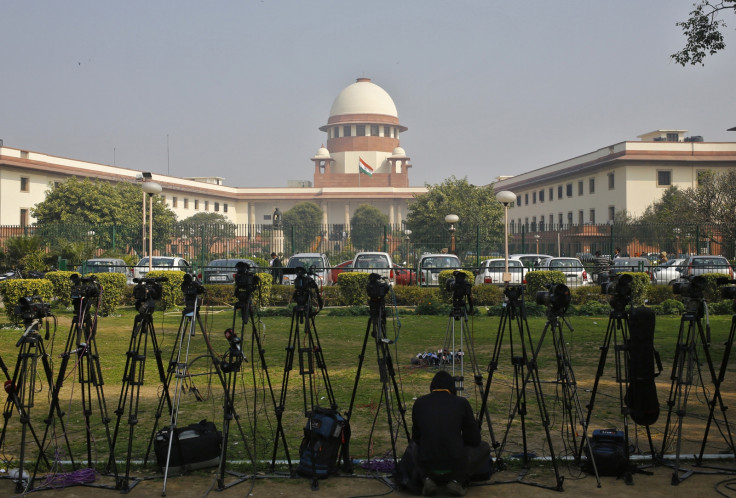Sexual Assault on Women 'Beyond Menopause Age is Not Rape', Rules New Delhi High Court

The New Delhi High Court has acquitted a 49-year-old man charged with raping and killing a woman, on grounds that the victim was "beyond the age of menopause."
The verdict sparked outrage in India as it suggests that intercourse with women, who are going through the menopause, cannot necessarily be considered as rape, regardless if it they were taken by force.
"As regards the offence punishable under Section 376 IPC the deceased was aged around 65-70 years, thus beyond the age of menopause," read the judgement, delivered by a bench comprising Justice Pradeep Nandrajog and Justice Mukta Gupta.
"We find force in the contention of the learned counsel for the appellant that even if the sexual intercourse was forceful it was not forcible and contrary to the wishes and consent of the deceased."
The victim was found dead in her house in December 2010. Investigations and post-mortem exams, which showed the woman had sustained injuries on her vagina, led to the arrest of Achey Lal, who was originally sentenced to 10 years in prison.
The court ruling was not welcomed by some lawyers and activists who argued that the use of the word "menopause" in the verdict is "erroneous".
"The injuries on the victim's vagina proves that there was forced penetration, and the inference will lead to the criminal case of rape," lawyer and activist Vrinda Grover was quoted by news agency DNA as saying.
"On what grounds has the court arrived on the judgement that the case was not one of rape? And where does menopause factor in here? Menopause is a medical condition, and the mention of the word is extraneous and erroneous."
Grover added that the verdict represents "a step back to the pre-Mathura era", referring to the Mathura rape case in 1972, involving a young girl being raped by two policemen while she was in custody. The Supreme Court's acquittal of the two officials led to public outcry, prompting authorities to amend rape laws in the country.
"The Mathura rape case led to two amendments; one, there should not be any requirement about explaining injuries for rape. And secondly, consent should be unequivocal.
"This case, to my mind, without the privilege of any evidence to be able to construct the case and thus rely on the judgement, is erroneous and not according to the jurisprudence of the Supreme Court."
Last May, another court in New Delhi ruled that forced marital intercourse is not rape as "sexual intercourse between the two [man and woman married to each other] does not come within the ambit of the offence of rape, even if the same was against the will and consent of the victim."
© Copyright IBTimes 2024. All rights reserved.







